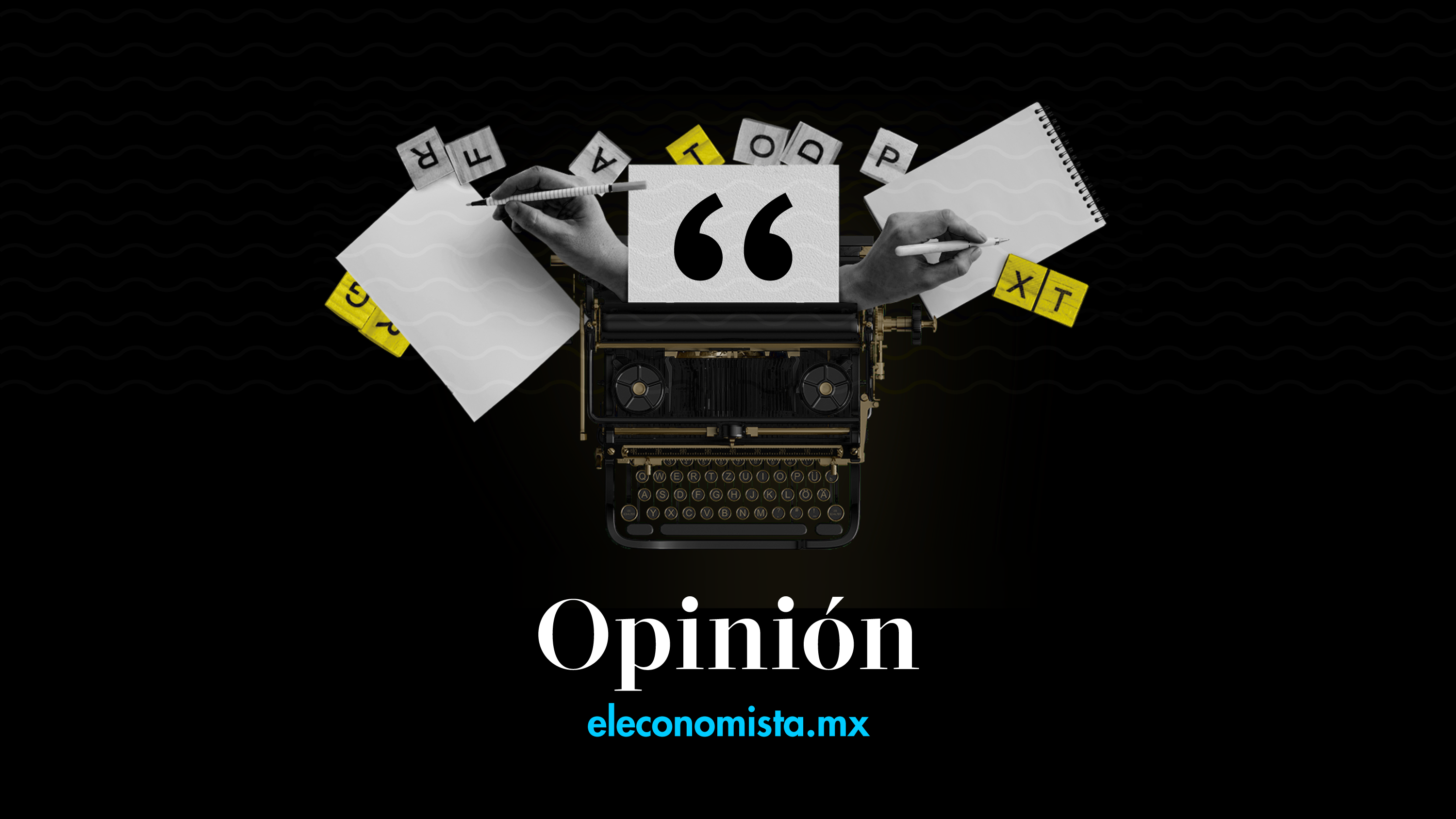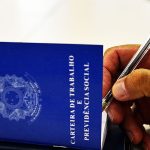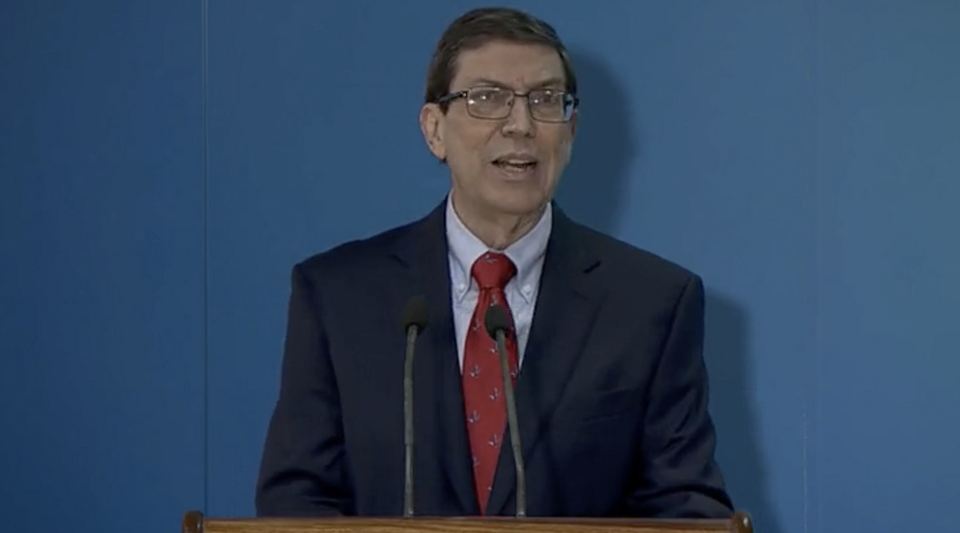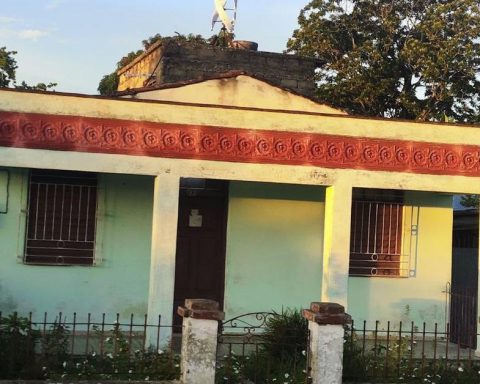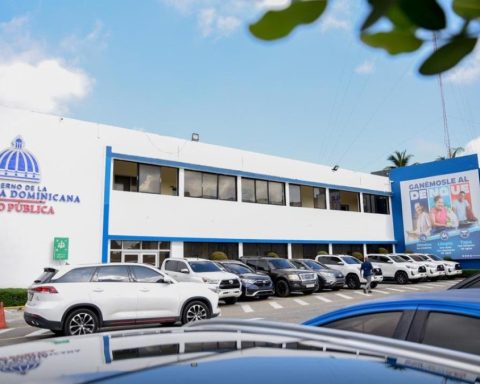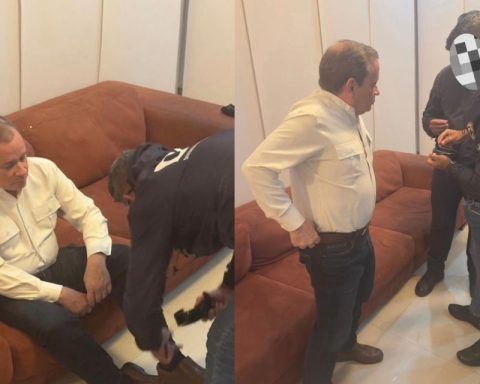With diaphanous clarity, one of many commentator friends asked during the week why some deputies who have the support of their electorate to do precisely what they did, are accused of being traitors to the country?
The answer is simple. They are accused, because they are not complicit in the hegemony of power that the president and (now yes) his assassins claim to have, working in search of a single thought and in favor of a strategy that seems unspeakable because it is unknown.
Calling opposition deputies to public ridicule, due to the deputies’ vote, is so serious that there is an article in the constitution (El 61) that expressly says that deputies cannot be reprimanded (claim in Spanish ) for their opinions. There are many signs, in the history of our country, of repression of legislators who, in the exercise of their position, said things against the power that ultimately cost them their lives. Belisario Domínguez is the best example.
The matter is also serious, due to the threats, even criminal, issued by the National Executive, but in reality, it is in the first place, because it turns anything into treason against the homeland that those of MORENA or AMLO decide. You did not buy Mexican sugar: traitor to the country. You did not celebrate May 5 in the public square: traitor to the country. When President AMLO passed in front of you, he did not bow enough: traitor to the country. Stulticia converted into political discourse. The irrationality converted into a party and equally puerile leadership.
The problem is that someone wins with all this. What is being built? An alternative social force to institutions? Suspicion is yes.
The director and owner of the newspaper El Nacional de Venezuela (which remains a moderately independent newspaper in this difficult reality) said at a recent conference, speaking of these issues, that the problem that Venezuela has today is that it no longer matters if Maduro leaves or stays (desirably through democratic means), the problem is that almost nothing would change, because the army, the judiciary, the executive and the legislature share the complicity of a power that is sustained by the drug dealers who export 200 tons of cocaine to Europe. Which is very hard to break.
We know that in many countries, democracy has been used by populist and authoritarian regimes and thereby destroy institutions and strengthen said regimes and the equation is very similar to that of Venezuela: use of the army, control of the other two powers and elimination of the counterweights. It is not strange in this context, that in our country, that the use of the army is not only instrumental, the pressures on the Court and the suspicion that drug traffickers were involved in some states in the election of governors and municipal presidents last year forces reflection.
In this context, I ask again, what is it to be a traitor to the country? Vote against someone who claims to be the representative of the people and, even worse, of the country? The real problem is not what is visible. The problem is the invisible. What does it mean and what is a president looking for who knows that he has lost an initiative? And what does it mean to use the term traitor to the country? Although with or without threats unnecessarily contrasted with the Penal Code, the president stands as the prosecutor and unequivocal judge of his own truth, without taking into account anyone other than he, as he said this week: he does not come to govern, but to be a preacher of an idea (like Jesus, like Mohammed, like Buddha), it really takes a big couch to explain to us the madness we are experiencing. Nothing more, but nothing less either.
Lawyer, political scientist and economist
guest column
Essayist and interested in legal and justice issues. currently professor at the Faculty of Law of the UNAM.
